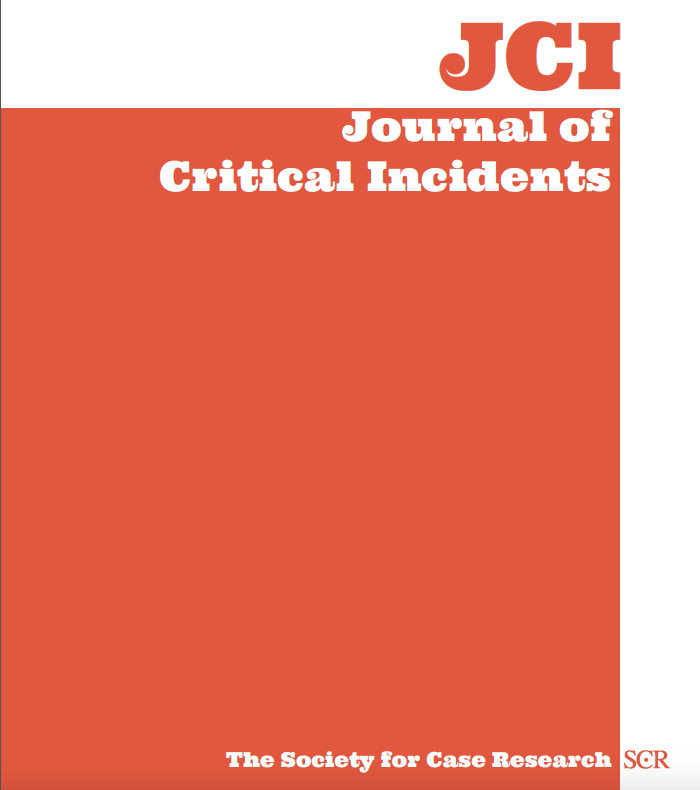“Suit accuses CEO of taking $7M”
Image

Region
North America
Topic
Human Resources & Organizational Behavior
Ethics & Social Justice
Length
3 pages
Keywords
Reputation Risk
ponzi scheme
due diligence
low-balling
background investigations
Reputation Risk
decision matrix
Copyright Holder
Society for Case Research
Student Price
$4.00
Target Audience
Graduate Students
Undergraduate Students
Neely Paul was intrigued by the newspaper headline (Underwood, 2006) that accused a local business CEO of embezzling $7 million. The headline reminded Neely of his recent difficulties in using his third-party medical benefit credit card issued by that CEO’s business (1Point Solutions). As Neely investigated and read an ever-increasing supply of news reports, he came to realize that his employer had outsourced administration of the company’s medical/dependent care plans to an entity that appeared to be operating as a Ponzi Scheme. Neely pondered the sufficiency of his employer’s due diligence, the viability of 1Point’s low-ball bid, and the impact of negative events identified through due diligence.
Learning Outcomes
- Identify steps to perform due diligence to evaluate proposals from third-party service providers
- Demonstrate how a decision matrix can be used to assess such proposals
- Evaluate the impact of assessing negative events revealed through due diligence, their impact on reputational risk, and why customers might ignore negative due diligence
- Assess whether an apparent ‘low-ball’ proposal is, in fact, a legitimate proposal
